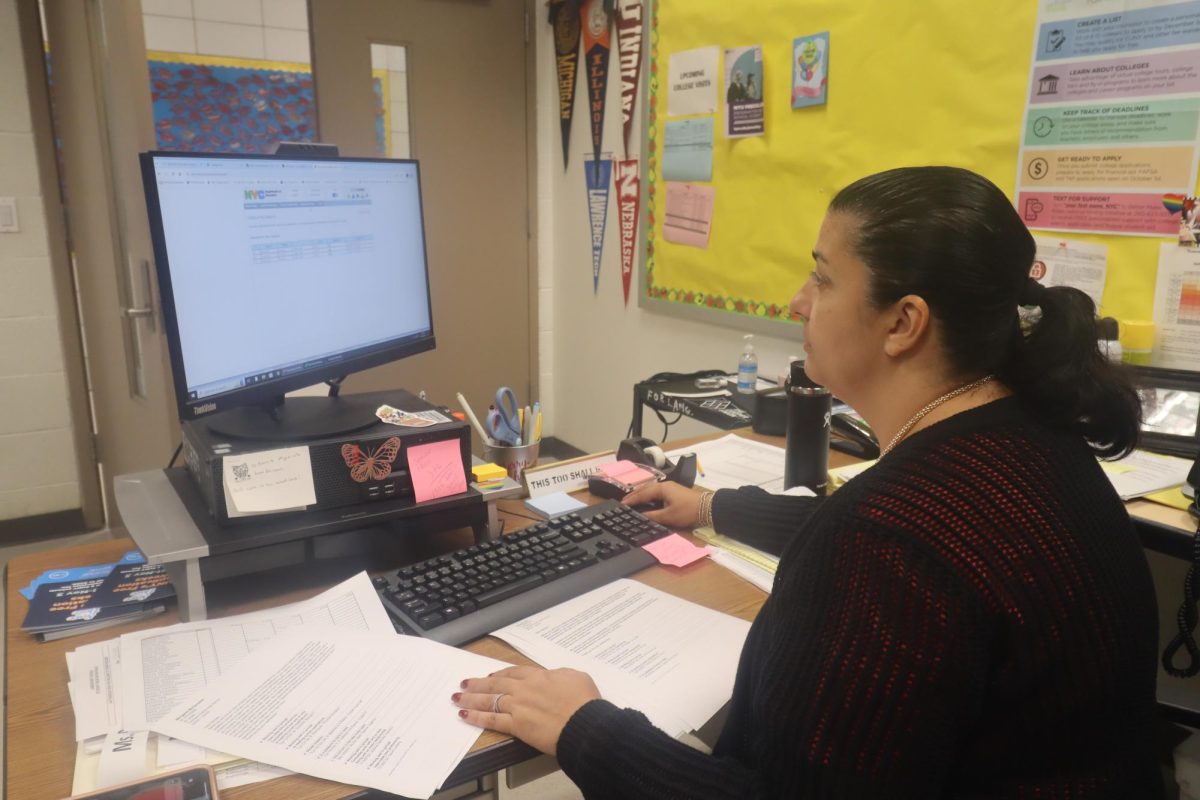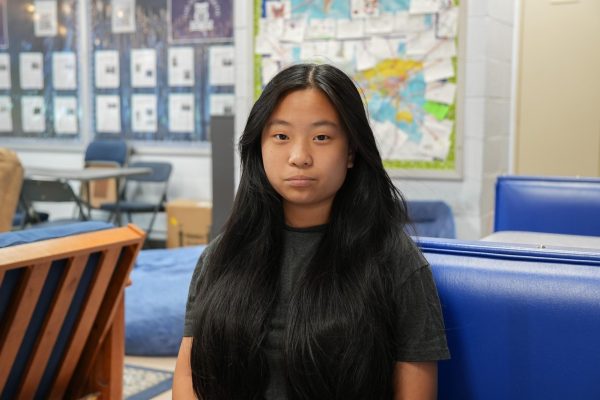
In Townsend Harris High School, most, if not all, members of the student body wish to attend prestigious colleges. This comes with a lengthy application process that takes years to prepare for and can’t be achieved without the help of appropriate college counseling. Counselors play an essential role in the college application process. They write recommendations for students, guide them through the application, and provide them with crucial information and tools they will need to apply to college. In THHS, students meet with their guidance counselors and discuss college during the spring of junior year. However, with the short window between applying for college (the beginning of senior year) and developing a college application and essay, it is time to consider starting college counseling earlier.
Colleges, particularly Ivy Leagues, have shifted their focus from high-achieving academic students to those who bring diversity to the applicant pool. Being straight-A students is no longer sufficient; students must demonstrate a well-rounded profile. However, developing these unique qualities for an application becomes difficult when college counseling begins the semester before senior year. How can students be expected to have internship experiences, club roles, or even participate in a sport that colleges seek in such a short time? When guidance counselors meet with students, it might be too late for students to implement new extracurriculars to develop a well-rounded college application.
Another critical aspect of a student’s college application is the essay. This component is particularly significant as it is the only part of a student’s application that can provide admissions officers with insight into a student’s character in the student’s own words. Essays are pivotal in helping colleges decide whether or not a student is a good fit. Crafting impactful essays is not a task that can be accomplished overnight; it often takes months. These essays typically narrate a student’s experiences with clubs, major life events, or past experiences, all of which require time to depict accurately. Given that most colleges have different prompts and requirements for supplemental materials, students must have early access to these materials to craft and perfect their essays.
Many colleges have varying requirements for their applicants. Take Oxford University in the United Kingdom as an example. They require international applicants to have taken and scored a five on five AP exams. Unfortunately, an applicant who was only aware of these requirements in junior year would no longer be able to apply if they hadn’t known they should work to achieve five fives on their AP exams. Waiting until junior year to begin exploring students’ options for colleges and the criteria these colleges require applicants to meet causes students to miss out on opportunities and limits their options. When students can explore their options for college early, they can prepare much better.
Moreover, the rising cost of higher education hinders many students’ options. It’s possible that one’s financial aid package doesn’t cover the cost of college tuition. This leads to many students having to take out loans to pay for college. The process of obtaining financial aid is also challenging. Knowledge of these programs is required early on in order to have a solid plan and approach to getting different scholarships. Counselors play a vital role in ensuring students can scope out different options for financial aid. A study showed that 67% of college students who met with their guidance counselors were able to receive need-based grants. This contrasts with the 45% of students who did not meet with a guidance counselor. However, most of these scholarships have requirements: essays students must write or a specific grade average students must meet. Juniors at THHS typically take at least 2 AP courses, typically with heavy homework loads. It is more difficult for students during junior year and the summer before senior year to ensure they meet all these requirements when they have limited time on top of their heavy course load. Providing effective counseling early is directly related to students succeeding in obtaining scholarships.
Assistant Principal of Guidance Jessica Graf told me that one-on-one meetings only occur starting junior year because in the early stages of high school the most important thing for students to do in preparation for college is be good high school students. As such, college counseling becomes more intensive during junior and senior year after students have the foundational things out of the way, she said. This ensures that they are not preoccupied with the nuts and bolts of the college applications.
One may argue that although college counseling is essential, ensuring all students can receive it earlier than junior year is almost impossible due to the amount of students who would need counseling. If this is the case, the school should consider providing more resources to the Guidance Department to meet this need.
By initiating counseling earlier, counselors can potentially alleviate the challenges many students face in meeting college requirements and deadlines. An earlier start to college counseling could effectively address these issues and lead to more successful college applications. When considering the best time for students to start thinking about college, the answer is clear: the earlier, the better.






























